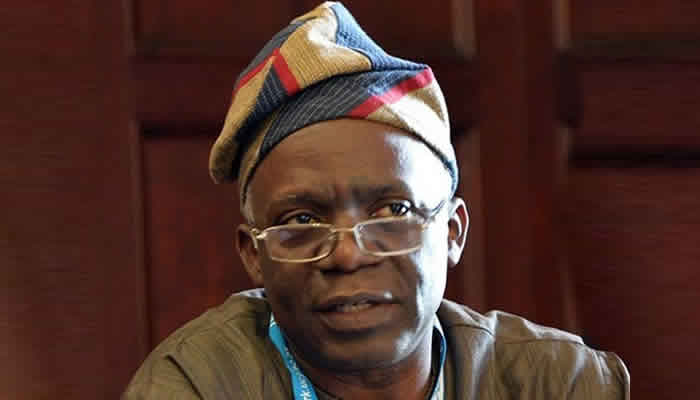A proposed measure to make voting mandatory in Nigeria has drawn criticism from Femi Falana, a Senior Advocate of Nigeria, who has called it a breach of citizens’ constitutional rights.
Tajudeen Abbas, the Speaker of the House of Representatives, is the bill’s sponsor. It suggests that qualified voters who do not cast ballots could be fined N100,000 or imprisoned for six months.
According to Abbas, the goal is to increase civic engagement, address low voter participation, and make voting a legal requirement rather than a personal preference.
Falana, however, claimed in a statement released on Monday that the plan violates a number of 1999 Constitutional articles.
“I don’t think the speaker and his associates gave the pertinent 1999 Constitutional provisions enough thought.
“Otherwise, they would have realised that compulsory voting is constitutionally invalid in every material particular on the ground that it is inconsistent with sections 37, 38, 77(2), 135(5), and 178(5) of the constitution,” he said.
According to the human rights lawyer, these constitutional provisions defend the rights of Nigerians to privacy, freedom of thought and conscience, as well as the right to register and vote voluntarily in national and state elections.
Falana cited court rulings to back up his claims. He cited the ruling in Medical and Dental Practitioners Disciplinary Tribunal v. Okonkwo (2001) 7 NWLR (Pt 711) 206, where the Supreme Court affirmed a patient’s right to decline a blood transfusion on the grounds of their religious convictions.
“In that case, a patient, Mrs Martha Okorie, and her husband belonged to a religious sect known as Jehovah’s Witnesses, who believe that blood transfusion is contrary to God’s injunction.
“On account of the rejection of blood transfusion, the patient lost her life. Dr Okonkwo, who treated the patient, was convicted… but the Supreme Court set aside the conviction on the ground that the doctor was right in respecting the fundamental right of the deceased to refuse blood transfusion on the basis of her religious belief,” he recalled.
Falana quoted the late Justice Emmanuel Ayoola, who delivered the judgment, stating, “The right to privacy implies a right to protect one’s thought, conscience or religious belief and practice from coercive and unjustified intrusion… and a right not to be coerced into acting contrary to one’s religious belief.”
He also cited the Supreme Court’s ruling affirming the rights of Muslim students to wear the hijab in schools, further underscoring the judiciary’s stance on protecting individual freedoms.
The legal expert urged the House of Representatives to withdraw the bill, warning of its impracticality and potential legal invalidity.
“It is nearly impossible to prosecute millions of Nigerian voters who may choose to boycott national and local elections, aside from the p ossibility that compulsory voting may be declared illegal under the current political dispensation,” he stated.
Falana advised lawmakers to refocus their efforts on significant improvements in her closing remarks.
He suggested adding important recommendations from the Uwais Electoral Reform Panel to the Electoral Act, including the creation of an electoral offenses commission, the unbundling of the Independent National Electoral Commission, the adoption of proportional representation, and the resolution of election petitions prior to inauguration. Source=Punch news





